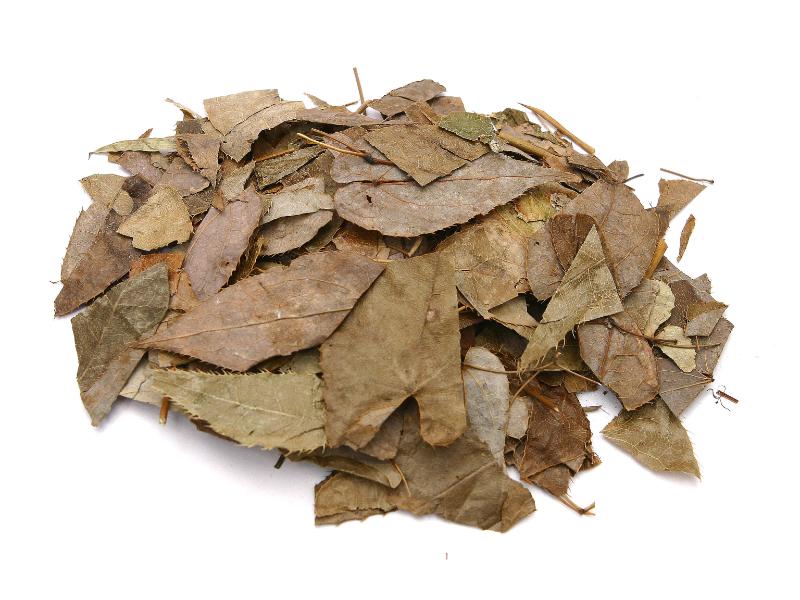Search in medicinals
Epimedii Herba
Epimedium
淫羊藿 〔淫羊藿〕 yín yáng huò

Alternate Chinese names: 仙灵脾 xiān líng pí; 三枝九叶草 sān zhī jiǔ yè cǎo; 羊藿 yáng huò
Kingdom: Plant
Origin in PRC Pharmacopoeia: Epimedium grandiflorum Morr. [= Epimedium macranthum Morr. et Decne]; Epimedium brevicornum Maxim.; Epimedium sagittatum (Sieb. et Zucc) Maxim.; Epimedium pubescens Maxim.; Epimedium wushansense T.S. Ying; Epimedium koreanum Nakai. (PRC Pharmacopoeia)
Origin in unofficial sources: Epimedium grandiflorum Morr. [= E. macranthum Morr. et Decne]; Epimedium brevicornum Maxim.*; Epimedium sagittatum (Sieb. et Zucc) Maxim.*; Epimedium acuminatum Franch.; Epimedium pubescens Maxim.*; Epimedium wushansense T.S. Ying*; Epimedium koreanum Nakai*
Use: Medicinal
Category: Supplementing agents / Yáng-supplementing agents
Properties: Acrid, sweet; warm.
Channel entry: Liver and kidney channels.
Actions and indications:
- Warms the kidney and invigorates yáng: Impotence, infertility, and frequent urination due to kidney yáng vacuity.
- Strengthens sinew and bone: Limp wilting lumbus and knees due to liver and kidney vacuity.
- Dispels wind-damp: Wind-damp impediment pain; numbness and tingling of the limbs.
- Modern applications: Yín yáng huò has been shown to have a good effect in the treatment of panting and cough ascribed to kidney yáng vacuity.
Dosage and method: Oral: 5–10g in decoctions. Yín yáng huò may be prepared in the form of medicinal liquors, pastes, pills, or powders.
Warnings: Yín yáng huò is very drying and is thus inappropriate in yīn vacuity with effulgent fire.
Product description: The dried stalks of Epimedium grandiflorum are long, fine, and cylindrical, and hollow. They are 20–30 cm long, and brown in color, with longitudinal ridges and no hairs. Each stalk usually has three branches, each of which has 3 leaves at its extremity. The leaves are ovate, with pointed tips, cordate bases, and finely serrate margins. They are yellowish green and shiny on the upper surface and grayish green on the lower under surface, with a main central rib that has fine branches. The leaves are paper thin and supple. Epimedium brevicornum has cordate leaves but is otherwise the same. Epimedium sagittatum has arrow-shaped leaves, which are long and taper gradually to the apex and have pointed lobes.
Quality: The best quality product has many, unbroken leaves and few stalks.
Production area: Hēilóngjiāng, Jílín, Liáoníng, Shāndōng, Jiāngsū, Jiāngxī, Húnán, Guǎngxī, Sìchuān, Guìzhōu, Shǎnxī (Shaanxi), and Gānsū.
Etymology: The name yín yáng huò 淫羊藿, literally lusty sheep herb,
is a reflection of the function and may indicate how the effect of this agent was discovered. The character huò 藿 is said to mean leaves of pulses.